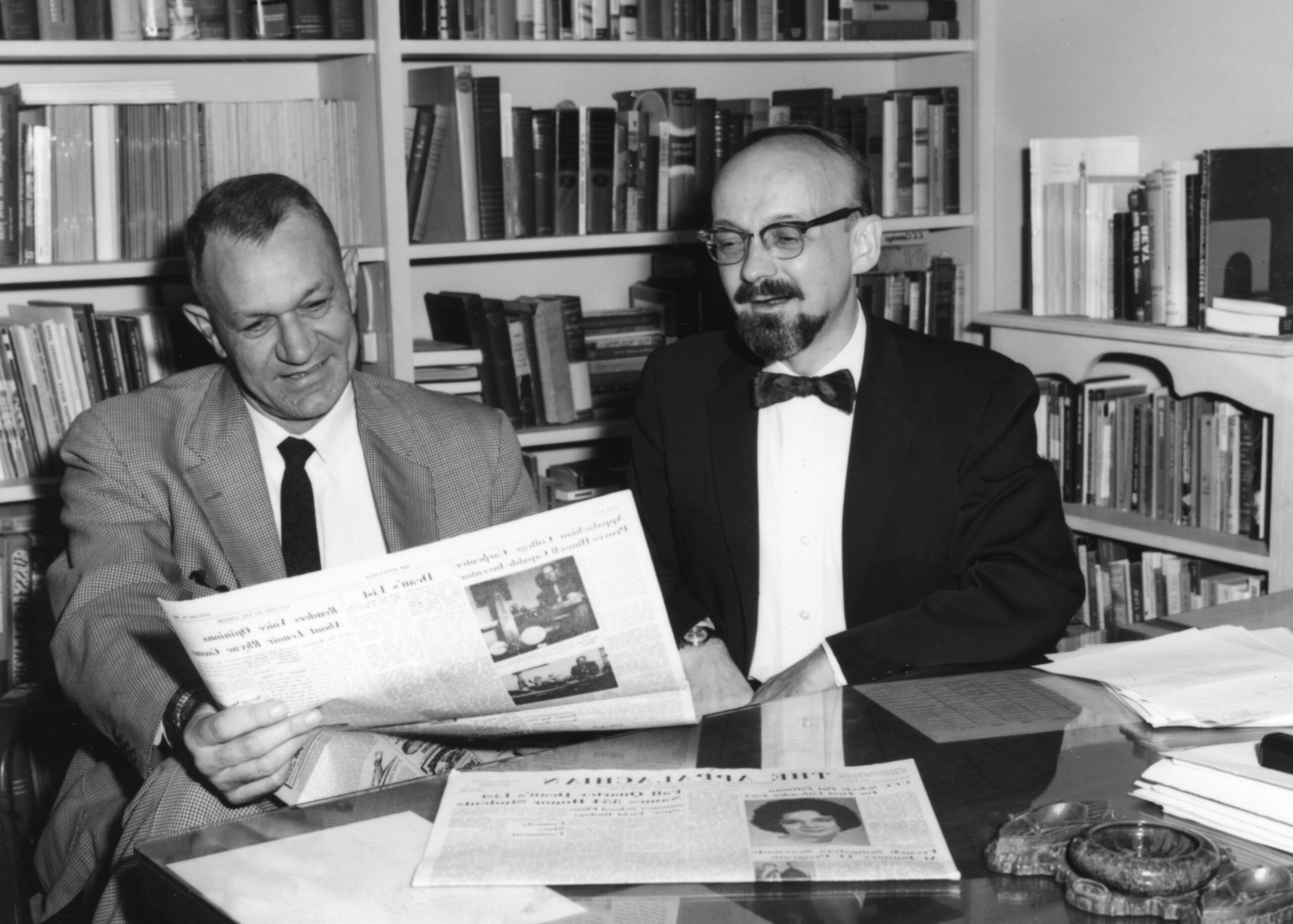History
Appalachian Studies at Appalachian State University has its roots in the vision of scholars who recognized the unique cultural, historical, and ecological significance of the Appalachian region. In the 1970s, folklorist Cratis D. Williams highlighted the alienation experienced by Appalachian young people when their education was disconnected from local knowledge. As he noted, a liberal education must help students understand themselves as members of their regional or ethnic communities, reflecting critically on their culture and history while participating fully in society.

“A liberal education must supply us with that vision that comes from learning about ourselves and our kith and kin as participants in a regional or ethnic society, for being born into and living in that region or ethnic group influences the course of our lives, whether we reject it or embrace it…. Central to what it means for each of us to be good citizens in a free society, to be a self-accepting Appalachian, Creole, or Indian, without being less of an American at the same time, is our ability to reflect critically upon the meaning of our culture and history.”
(Williams and Beaver xxxviii)
Image: “Cratis Williams, photo 3” from Appalachian State University archives. This image shows Cratis Williams (right), professor of English, sitting at a desk beside another man looking at a newspaper at Appalachian State University.
For much of the twentieth century, popular perceptions and external academic narratives framed Appalachia through stereotypes—from the “hillbilly” caricature to negative portrayals of mountain people as “backward, inbred, and dangerous” in media like James Dickey’s “Deliverance.” These misconceptions limit understanding of the region, often reducing the complexity of Appalachian life to simplistic or pejorative images. In response, Appalachian State faculty and local scholars began forging a “New Appalachian History,” seeking to examine the region from the perspective of its own communities and culture.
The University’s commitment to this new vision produced an extraordinary set of resources and organizations. In 1968, the W.L. Eury Appalachian Collection was founded, establishing one of the nation’s most comprehensive repositories of materials on Appalachia. Appalachian Journal, founded in 1972, became a leading venue for peer-reviewed scholarship, widely recognized as a definitive voice on the region. The University also played a central role in the creation of the Appalachian Consortium (1971) and the Appalachian Studies Association (1977), strengthening regional collaboration among scholars and institutions.
In 1978, Appalachian State formalized its dedication to Appalachian Studies with the creation of the Center for Appalachian Studies under Chancellor Herbert Wey. The following year, the University launched the nation’s first Master of Arts in Appalachian Studies, with concentrations in Appalachian Culture and Music and Sustainability in Appalachia. Over time, the Center has expanded its support for undergraduate minors, graduate certificates, and specialized coursework across disciplines such as history, anthropology, English, music, and environmental studies.
The Center has long emphasized the importance of collaborative research and community engagement. Its faculty have introduced comparative perspectives on mountain cultures worldwide, while advancing research on ethnic Appalachia, including African-American, Native, Jewish, and Melungeon communities. Appalachian Studies graduates have gone on to leadership roles in academia, cultural institutions, museums, and preservation efforts, demonstrating the enduring impact of the program.
Today, the Center continues to challenge stereotypes, expand scholarship, and nurture understanding of Appalachia’s rich diversity. Its mission remains rooted in the belief that studying the region critically—while honoring its people, culture, and environment—prepares students, scholars, and communities to engage meaningfully with the world beyond the mountains.
Works Cited
“Cratis Williams, photo 3.” circa 1970, Appalachian State University Historical Photos, Appalachian State University Archives, omeka.library.appstate.edu/items/show/11499
Williams, Cratis D. and Patricia D. Beaver, editors. The Cratis Williams Chronicles: I Come to Boone. Boone, Appalachian State University, 1999, p. xxxviii.